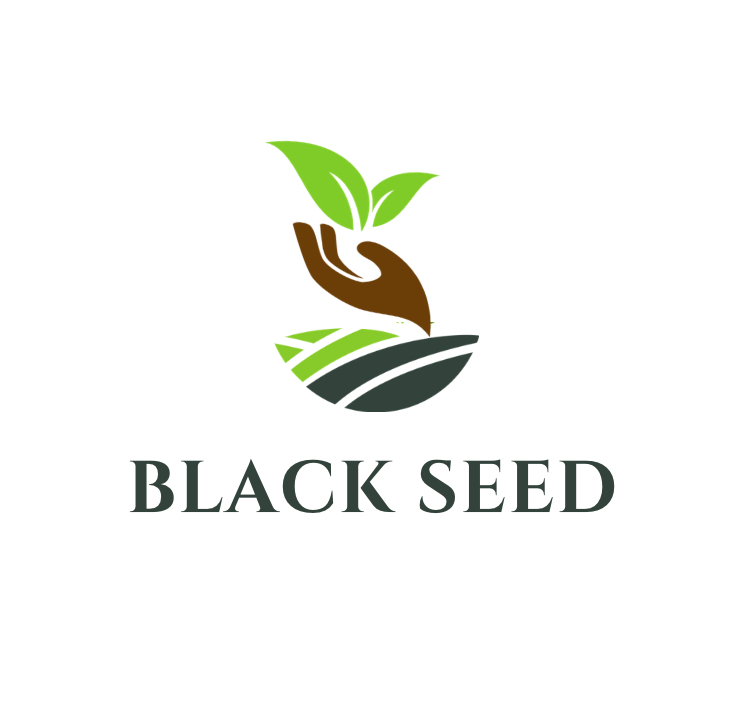Adasha Turner - Founder of Black Seed Farms & Eco-Village and Modest Family Solutions
Adasha Turner, is a retired self-taught Board Certified Surgical/ Clinical Neurophysiologic Specialist (IONM).
Adasha, a homeschooling mom with EDS and gastrointestinal inflammatory disease had to learn to grow her own food in a hydroponic gardens. While researching inflammatory food irritants they came across “The Need to Grow: Food Revolution” and saw the importance of having all of our children learn how to grow their own food. She started on her journey as an Master Gardener with her daughters to open Ummah Sustained and sought out a partnership with 4-H Youth Development Programs.
The Turner’s began reaching out to other homeschooling parents to transform their 1/3 acre plot to start the Ummah Sustain Garden and Global Citizen club. Understanding our children need to learn how to navigate toward healthy, inclusive systems that will benefit and rebuild the community.
A seed was planted and it grew and grew……. into a farm!
Ms. Adasha Turner, is the founder & Chief Executive Officer of Modest Family Solutions. An organization dedicated to a BIPOC supply chain: supporting immigrant, refugee, and marginalized community business along the Pacific Northwest, with a central location in Washington State. Local BIPOC community members volunteer and work in farming, growing, procuring, slaughtering, and operating the logistics needed.
Ms. Turner’s work in improving food justice for the most vulnerable communities stems from a passion to ensure culturally relevant and responsive food programs are available to all, including, but not limited to Latino, Asian, Black, immigrant, Afghani and Ukrainian refugees.
Ms. Turner is a Technical Assistance contractor with a number of local Food Hubs, Food banks, Food collations, and food initiatives to provide equitable, community-led food system consulting as they move toward planning, community buy-in, and implementation. Ms. Turner has the right network, food systems knowledge, and experience in food sovereignty and farming to advise on optimal approaches and solutions.
Ms. Turners gained firsthand knowledge of the BIPOC community health & wellness needs. She spent almost 10 years examining and actively advocating for informed, justice oriented, and culturally relevant agricultural programs and services to empower BIPOC food insecure individuals.
Black Seed Agroecological Village and Farm was created in 2022 by Modest Family Solutions, a local nonprofit dedicated to building food sovereignty through afro-centric youth education, after it was awarded 10 acres of land by the national nonprofit Agrarian Trust.
Now, Black Seed aspires to use the newly acquired land as a space where BIPOC farmers and members of the community can learn, heal, and reconnect with nature. At the same time, Black Seed will benefit the Whidbey Island community at large, through providing it with access to healthy, affordable food.
“[Black Seed Farm] is about bringing people back to community, whether it’s going out, picking food in the day, and then having it for lunch or dinner. It’s about being able to roam but then also seeing your neighbor and being able to connect,” explained Adasha Turner, the founder of Black Seed, and executive director of Modest Family Solutions.
Turner plans on transforming Black Seed’s 10 acres into a production farm, wellness retreat, and educational center. Black Seed Agroecology Farm and Village will become land for two acres of cropland, container farms, housing for staff and visitors, and a community center.
After the necessary infrastructure is set in place, Black Seed will distribute part of the land to aspiring farmers, with a special emphasis on serving BIPOC farmers and members of the local refugee community. These farmers will benefit from access to Modest Family Solutions network of distribution centers, which disseminate healthy food at affordable rates to the residents of Whidbey Island.
Education and wellness will be another critical part of Black Seed’s mission. “Black folks have a really bad relationship with farming,” explained Turner, referring to the wide set of factors, including the legacy of American slavery and land dispossession, that have complicated many Black Americans’ relationship to agriculture. “Now that I’m working in food security, I’ve realized that we can’t afford to have that. We need to heal.”
At Black Seed, this healing work will take place through educational programming that celebrates the rich farming traditions of Africa and the African diaspora, while confronting the history of slavery and racism in the United States. Black Seed will also offer a permaculture design course, where aspiring farmers can learn farming techniques that combine the best of perennial gardening and regenerative agriculture. At the same time, the farm will serve as a space for people to simply relax and reconnect with nature.
“I want to have lavender fields, meditation spaces outside, and to have people wake up, walk outside, and be able to enjoy a breath of fresh air,” said Turner.
Black Seed Agroecological Village and Farm is still in the beginning stages of development. As is the case with most new farming operations, there’s a lot of work that needs to be done before the farm can begin operating at full capacity. New fields need to be cultivated, perennials planted, and new buildings constructed. Turner is currently working with the Washington State Department of Agriculture to define water rights on the farm, and to identify the source of surface water that covers part of the land.
The work of Black Seed is more important now than ever. As land prices continue to increase and impede Black farmers’ ability to access land, Black Seed will provide a space where people can heal, learn, and gain firsthand experience growing food, all while stepping away from the stress of modern life.
“It’s important to have those spaces where folks and cultures can come together, have conversations, and have healing moments,” said Turner. “We don’t have enough environments where we can stop and reset.”



